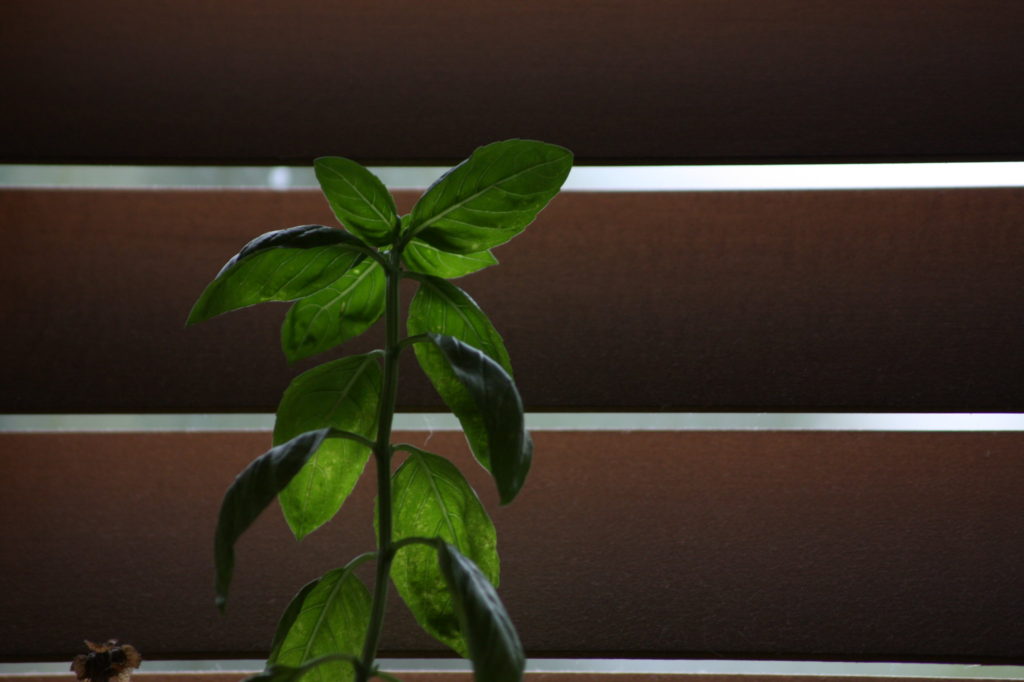Why You Might Want to Live Like a Minimalist
September 24, 2019
Decluttering is having a moment these days. Organizing guru Marie Kondo has her own show on Netflix, people everywhere are going through their things and asking, “Does this bring me joy?” and many are even exploring the minimalist lifestyle.
Wondering what the all the fuss is about? Let’s talk about some of the benefits of going minimalist (or just getting rid of some clutter, even if you don’t want to get rid of everything).
What does it mean to ‘go minimalist’?
Whatever you want it to mean, really; there’s no official designation or anything. Many people think it’s living with as few possessions as possible, but it’s all relative—someone with a full house could feel like a minimalist after simply reducing their clutter, while another person might cringe at the thought of even one extra item on their nightstand.
Here’s a good way to think about it: Living as a minimalist is about focusing mainly on what you need, limiting those extra, but unnecessary, things that can clog life up. Minimalists focus on experiences rather than things, on quality rather than quantity, on removing excess from their lives in order to create a more meaningful existence.
According to Joshua Becker of the Becoming Minimalist blog, “Decluttering focuses on removing surface-level possessions. Minimalism helps us discover how little we actually need.”
And there are benefits to this approach that go way beyond just having a clean house, too. Here are five from No Sidebar, which created an online course aimed at helping people “design a simple life.”
-
- A clearer mind.
When you have a ton of stuff, it can tax you mentally—even if you don’t realize it. From not being able to find items when you want them to just feeling overwhelmed at the thought of organizing, having fewer things also can mean having less weighing on your mind. - More freedom.
Think of all the possessions you own, and the work you had to do to get them—literally, the job you go to every day to buy all of those things. Are those things worth it? What if you didn’t have to worry about earning the money to buy that stuff? How would your life change? Maybe you could switch to a job that you love, instead of the one that pays the most. Or take more time off. Or travel more. That’s the freedom minimalists pursue. - Extra money.
When you don’t buy a bunch of unnecessary things, you don’t spend as much money—and that means you’ll have more at the ready when something truly important comes along. - Greater self-confidence.
Yes, really. Living with less, not worrying about having that luxury car or an expensive watch, has an unexpected benefit, wrote No Sidebar’s Allison Fallon: “You start to feel good about yourself, not because of what you own, but just because of who you are.” - Better relationships, too.
This is another thing you might not expect. But think about the old phrase “keeping up with the Joneses.” That really means “competing with the Joneses,” doesn’t it? What else would you call constantly trying to acquire things that are as nice (or nicer) than those of your friends and neighbors? When you stop doing this, you can start building better connections with people—real connections.
- A clearer mind.
Minimalism isn’t for everybody, but everybody can benefit from taking even a couple of steps in that direction. Fewer things, more meaning. What’s not to like about that?
Reposted with permission from the original author, Safeco Insurance®.
Top image by Flickr user Maddy Cozins used under Creative Commons Attribution-Sharealike 2.0 license. Image cropped and modified from original.
